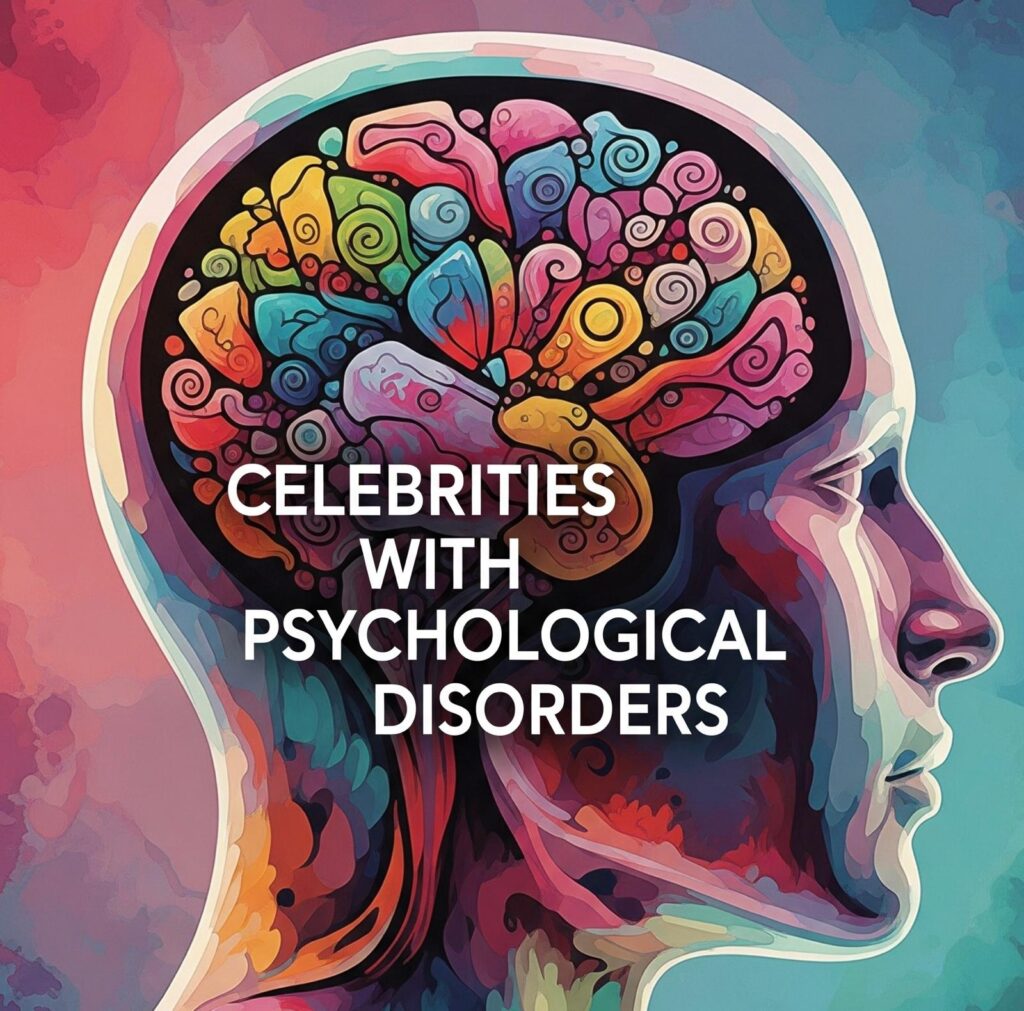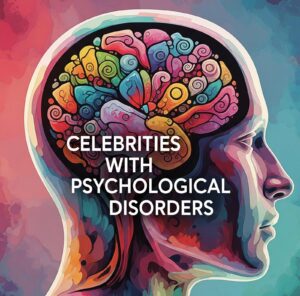Relationship counselling, also known as couples therapy, is a form of therapy designed to help couples understand and resolve conflicts and improve their relationship. This article explores the purpose, methods, and benefits of relationship counselling, supported by scientific research and expert insights.
Purpose of Relationship Counselling
Understanding Relationship Dynamics
Relationship counselling aims to help couples understand the underlying dynamics of their relationship. This involves identifying patterns of behaviour and communication that contribute to conflicts and dissatisfaction (Gurman, 2011).
Enhancing Communication
Effective communication is a cornerstone of a healthy relationship. Counselling helps couples develop better communication skills, ensuring that both partners feel heard and understood (Gottman & Silver, 1999).
Resolving Conflicts
All relationships experience conflicts, but how couples manage these conflicts can determine the health of the relationship. Counselling provides strategies for resolving disputes in a constructive and respectful manner (Markman, Stanley, & Blumberg, 2010).
Strengthening Emotional Bonds
Relationship counselling also focuses on strengthening the emotional connection between partners. This involves fostering intimacy, trust, and mutual respect (Johnson, 2004).
Methods of Relationship Counselling
Cognitive-Behavioural Therapy (CBT)
Cognitive-behavioural therapy (CBT) is commonly used in relationship counselling. It helps couples identify and change negative thought patterns and behaviours that contribute to conflicts (Baucom, Epstein, Kirby, & LaTaillade, 2015). CBT focuses on developing problem-solving skills and promoting positive interactions.
Emotionally Focused Therapy (EFT)
Emotionally focused therapy (EFT) is a structured approach that focuses on improving emotional attachment and bonding between partners. EFT helps couples recognise and express their emotions, leading to more secure and fulfilling relationships (Johnson, 2004).
The Gottman Method
The Gottman Method is based on over four decades of research by Drs. John and Julie Gottman. It involves specific interventions designed to increase affection, respect, and closeness while managing conflict and building shared meaning (Gottman & Silver, 1999). The method includes techniques such as building love maps, nurturing fondness and admiration, and creating shared goals.
Imago Relationship Therapy
Imago Relationship Therapy, developed by Dr. Harville Hendrix and Dr. Helen LaKelly Hunt, focuses on transforming conflict into healing and growth. It involves partners understanding each other’s childhood experiences and how these influence current behaviours and expectations in the relationship (Hendrix, 2007).
Benefits of Relationship Counselling
Improved Communication
One of the primary benefits of relationship counselling is improved communication. Couples learn to express their needs and feelings more effectively, reducing misunderstandings and fostering a deeper connection (Gottman & Silver, 1999).
Conflict Resolution Skills
Counselling equips couples with tools to resolve conflicts constructively. This includes techniques such as active listening, empathy, and compromise, which can prevent conflicts from escalating and damaging the relationship (Markman et al., 2010).
Enhanced Emotional Intimacy
Counselling helps couples build emotional intimacy by addressing underlying issues and fostering open and honest communication. This can lead to a stronger, more secure emotional bond between partners (Johnson, 2004).
Greater Relationship Satisfaction
Research indicates that couples who participate in relationship counselling report higher levels of relationship satisfaction. This includes improved happiness, trust, and commitment in the relationship (Baucom et al., 2015).
Challenges in Relationship Counselling
Resistance to Change
One of the challenges in relationship counselling is resistance to change. Partners may be reluctant to acknowledge their role in conflicts or may find it difficult to adopt new behaviours and communication patterns (Gurman, 2011).
Emotional Barriers
Emotional barriers such as resentment, anger, and mistrust can hinder the counselling process. It takes time and effort for couples to work through these emotions and build a healthier relationship (Johnson, 2004).
Commitment to the Process
Successful relationship counselling requires commitment from both partners. This includes attending sessions regularly, practising new skills, and being open to feedback and change (Gottman & Silver, 1999).
Conclusion
Relationship counselling offers valuable tools and strategies for couples seeking to improve their relationship. By enhancing communication, resolving conflicts, and strengthening emotional bonds, counselling can lead to greater relationship satisfaction and well-being. Despite challenges such as resistance to change and emotional barriers, the benefits of relationship counselling make it a worthwhile endeavour for many couples.
References
- Baucom, D. H., Epstein, N., Kirby, J. S., & LaTaillade, J. J. (2015). Cognitive-behavioral couple therapy. New York: Routledge.
- Gottman, J. M., & Silver, N. (1999). The Seven Principles for Making Marriage Work. New York: Crown.
- Gurman, A. S. (2011). Clinical Handbook of Couple Therapy. New York: Guilford Press.
- Hendrix, H. (2007). Getting the Love You Want: A Guide for Couples. New York: St. Martin’s Press.
- Johnson, S. M. (2004). The Practice of Emotionally Focused Couple Therapy: Creating Connection. New York: Routledge.
- Markman, H. J., Stanley, S. M., & Blumberg, S. L. (2010). Fighting for Your Marriage: A Deluxe Revised Edition of the Classic Best-seller for Enhancing Marriage and Preventing Divorce. San Francisco: Jossey-Bass.
How to get in touch
If you or your NDIS participant need immediate mental healthcare assistance, feel free to get in contact with us on 1800 NEAR ME – NDIS@therapynearme.com.au.
Discover more from Therapy Near Me
Subscribe to get the latest posts sent to your email.






